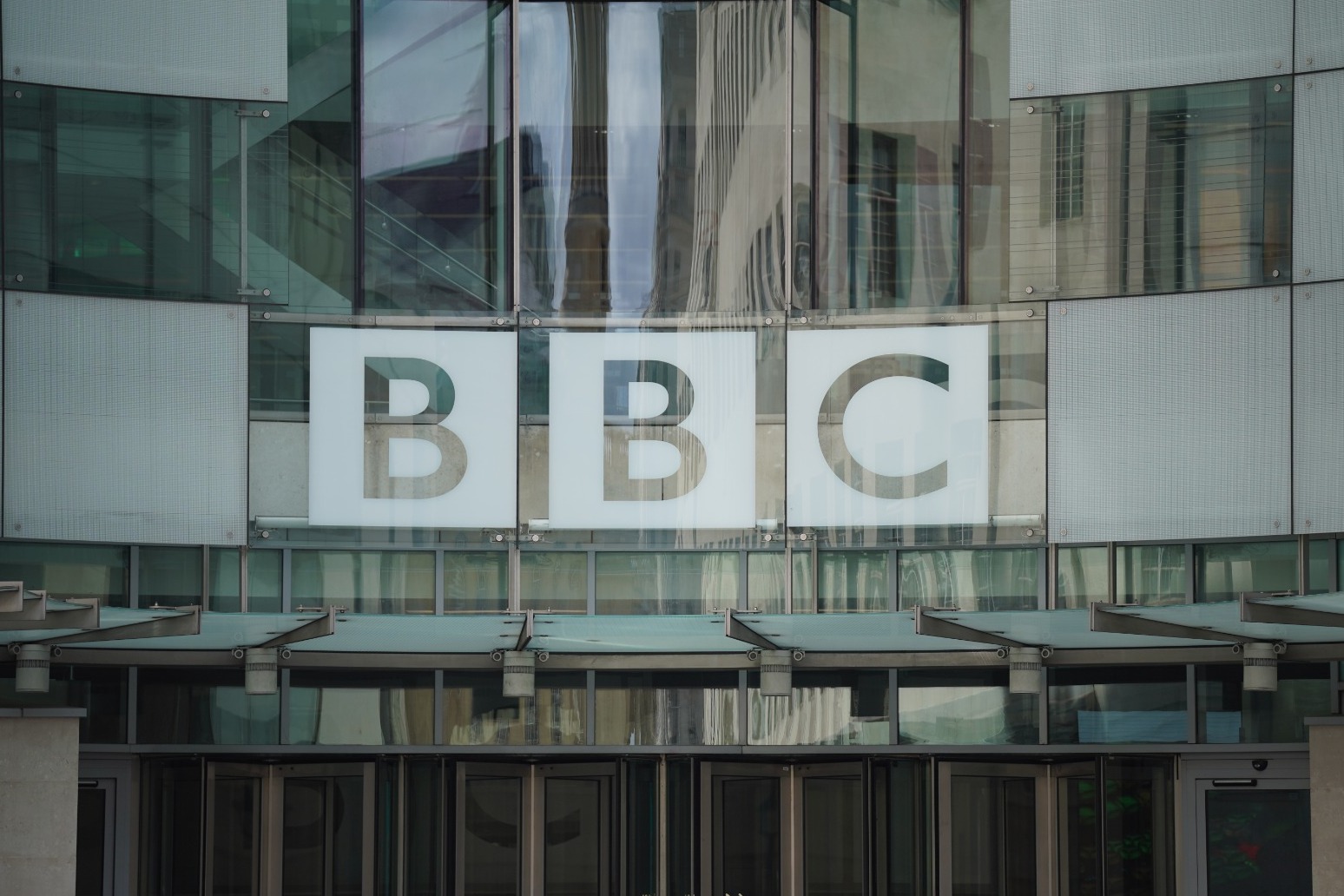
Culture Secretary Lucy Frazer denies Government ‘ripping up’ licence fee deal
Over the weekend, Rishi Sunak said the BBC needs to be 'realistic' about what people can pay
Culture Secretary Lucy Frazer has denied that the Government is “ripping up” a licence fee deal with the BBC, following reports that Rishi Sunak is set to block a 9% hike in the annual charge.
For the past two years the licence fee has been frozen at the price of £159 but it was previously agreed it would rise in line with inflation after April 2024.
The corporation is seeking to make £500 million of savings in the face of high inflation and the two-year freeze on the fee, which provides most of its funding.
When it was put to her on BBC Radio 4’s Today programme that the Government is tearing up the deal, Ms Frazer insisted that ministers were looking at the planned rise amid concerns over the cost of living.
She said: “I wouldn’t put it like that at all, no. What we’re concerned about is the cost of living. And as the Government, we have taken a number of steps to protect people from the rise of the cost of living over the course of the last few years.
“What we’re looking at is the appropriate rate of inflation. And we’re considering that with an eye on the fact that we want to ensure that people continue to be able to afford their bills.”
Ms Frazer said a decision would be made “very soon”.
She added: “I regularly speak to the BBC. I’ve spoken to (director general) Tim Davie, probably around five times over the last few weeks alone. I spoke to the chair last week. This is an issue we have been discussing with the BBC for a number of months.”
Ms Frazer said that ministers would be having a “further discussion with Tim before we make any announcement.”
The Prime Minister has previously said that the BBC needs to be “realistic” about what people can pay “at a time like this” and the BBC should be looking to “cut its cloth appropriately” as the country continues to deal with the heightened cost of living.
Ms Frazer has said that a £15 rise in the BBC licence fee to more than £170 would be “high”.
She told Times Radio: “What that means is that we’re in a position where people are struggling with the cost of living. And as a Government, we tried very hard to make sure that those costs are low. And the licence fee is due to rise, although we froze it for two years.
“But as it rises, the BBC needs to be realistic about how much it can rise by. We want to make sure we protect licence fee payers and make sure that it just rises at an amount that people can afford.”
Asked about a rise to more than £170, she said: “Well, obviously, that’s high. This is something that we’re looking at, at the moment. And we’ll be making a decision on this in due course.”
Mr Sunak said “final decisions haven’t been made” about the future of the licence fee.
Discussing how sustainable he feels the licence fee is, Mr Sunak told reporters: “First thing to say is, I think it is welcome that the BBC are looking at making savings and efficiencies in how they operate.
“It’s really important that when things are difficult, everyone is doing what they can to ease the cost of living on families.
“That’s certainly what I have done over the last year and made a bunch of decisions that haven’t been easy.
“But that’s helped to bring inflation down to ease the burden and the cost of living.”
Speaking while on his trip to Dubai for the Cop28 climate summit, he added: “The BBC like any other organisation that serves the public should be looking to do that and cut its cloth appropriately, so I think that is very welcome.
“I think going forward, look the BBC – final decisions haven’t been made obviously – but the BBC should be realistic about what it can expect people to pay at a time like this. That, I think is the right approach.”
The BBC previously announced its nightly current affairs show Newsnight would be reduced to a 30-minute programme as part of the cost-cutting measures in its news output.
The BBC Two show will continue to air on weeknights as an “interview, debate and discussion show” but more than half of Newsnight’s 60 jobs will go.
As part of further changes, an extended hour-long edition of BBC News At One will relocate to Salford while BBC Breakfast, also broadcast from Salford, will be extended by an extra 15 minutes daily, the corporation said.
More focus will be put on digital storytelling and live coverage across the BBC News division, with a “reduction in the amount of television packaging”.
The corporation expects the raft of changes to save £7.5 million.
A BBC spokesperson said: “The Government and BBC agreed a six-year licence fee settlement in January 2022, which froze the licence fee for two years with increases in line with inflation from 2024.
“As is usual practice the Government sets and confirms the cost of a licence each year and this remains unconfirmed for 2024/25.
“The BBC will continue to focus on what it does best: working to deliver world-class content and providing great value for all audiences.”
Published: by Radio NewsHub